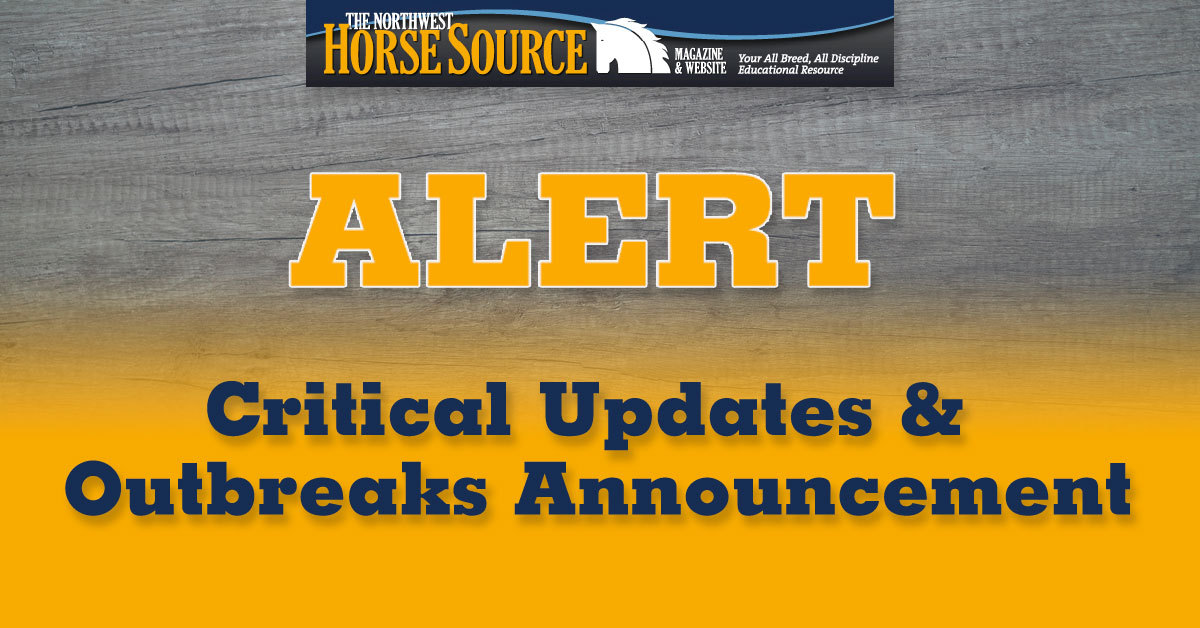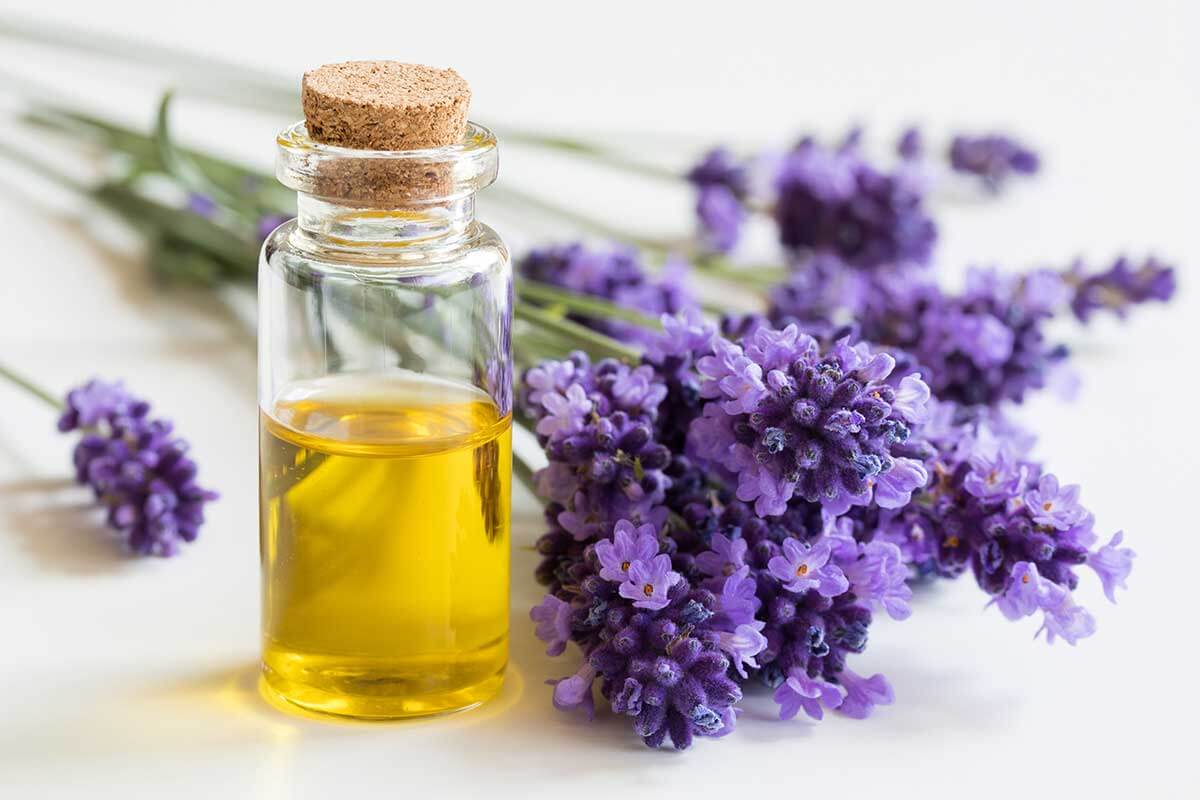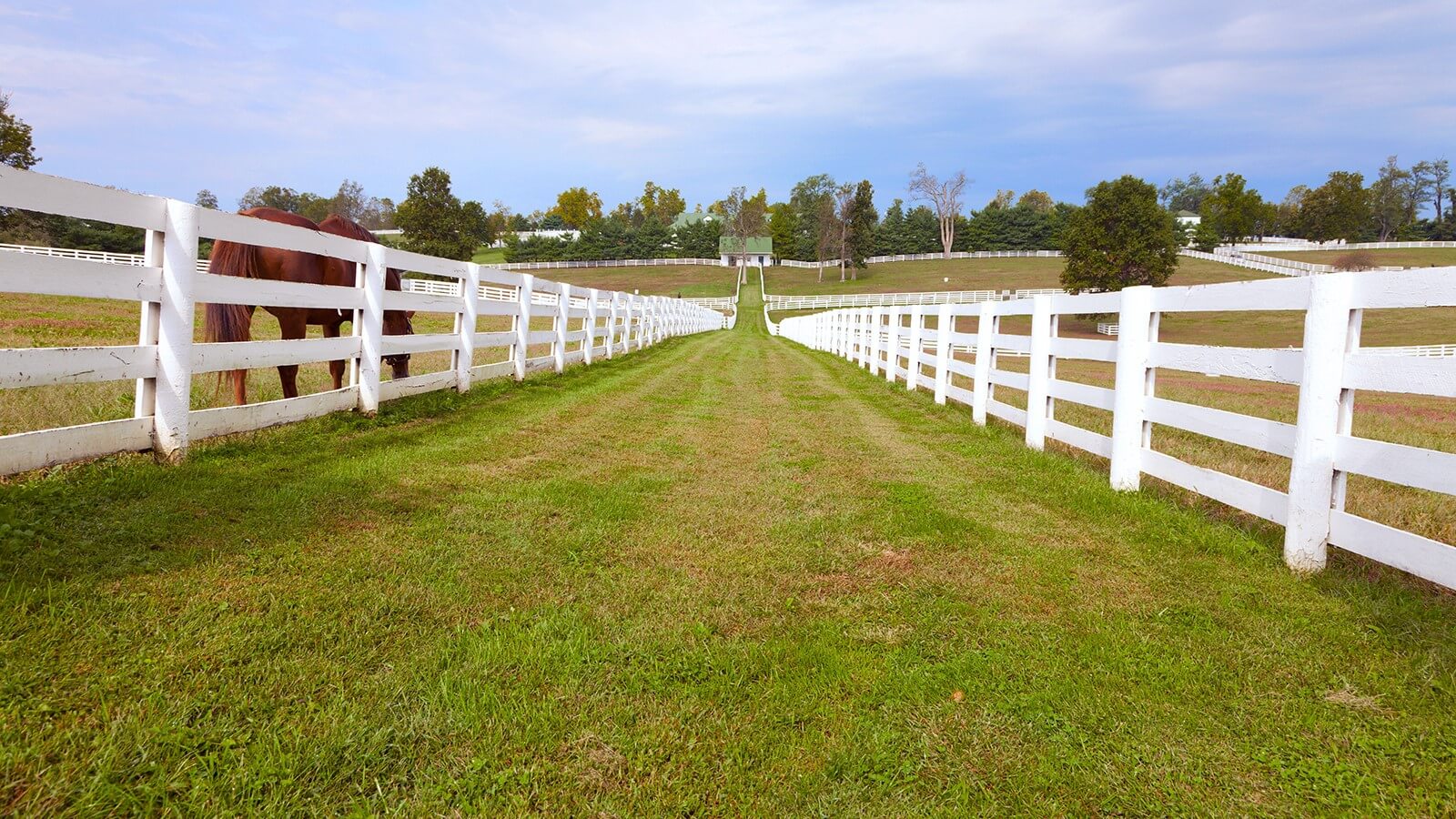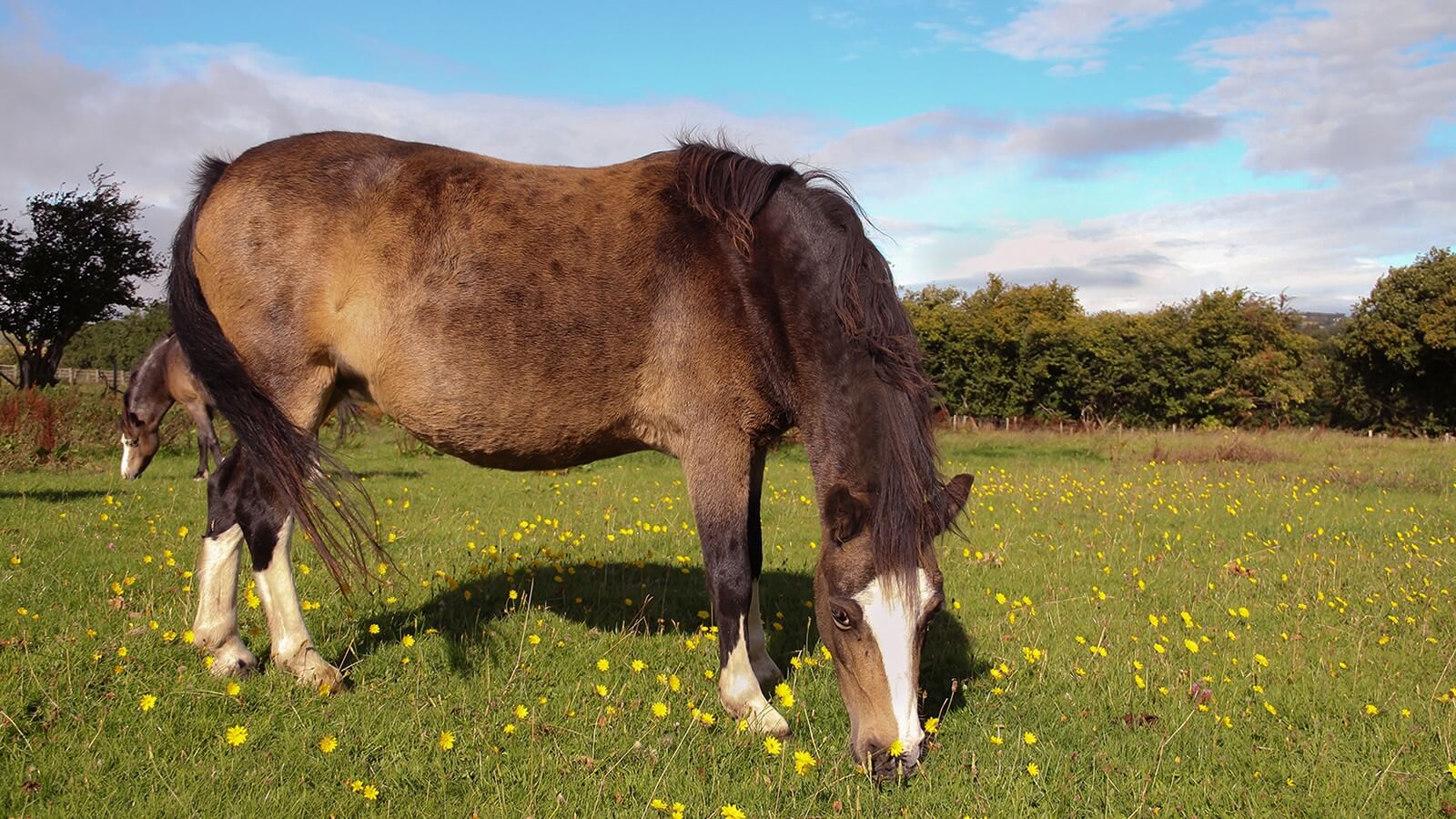Outbreak Alert: July 21, 2021 – Strangles in King County, WA
Source: Washington State Veterinary Office Number Confirmed: 1; Number Suspected: 2; Notes: A horse at a farm in King County has tested positive for Strangles. The owner is working with a veterinarian and practicing biosecurity recommendations. For more information about Strangles go to the Strangles factsheet. All information is sourced … Read More









